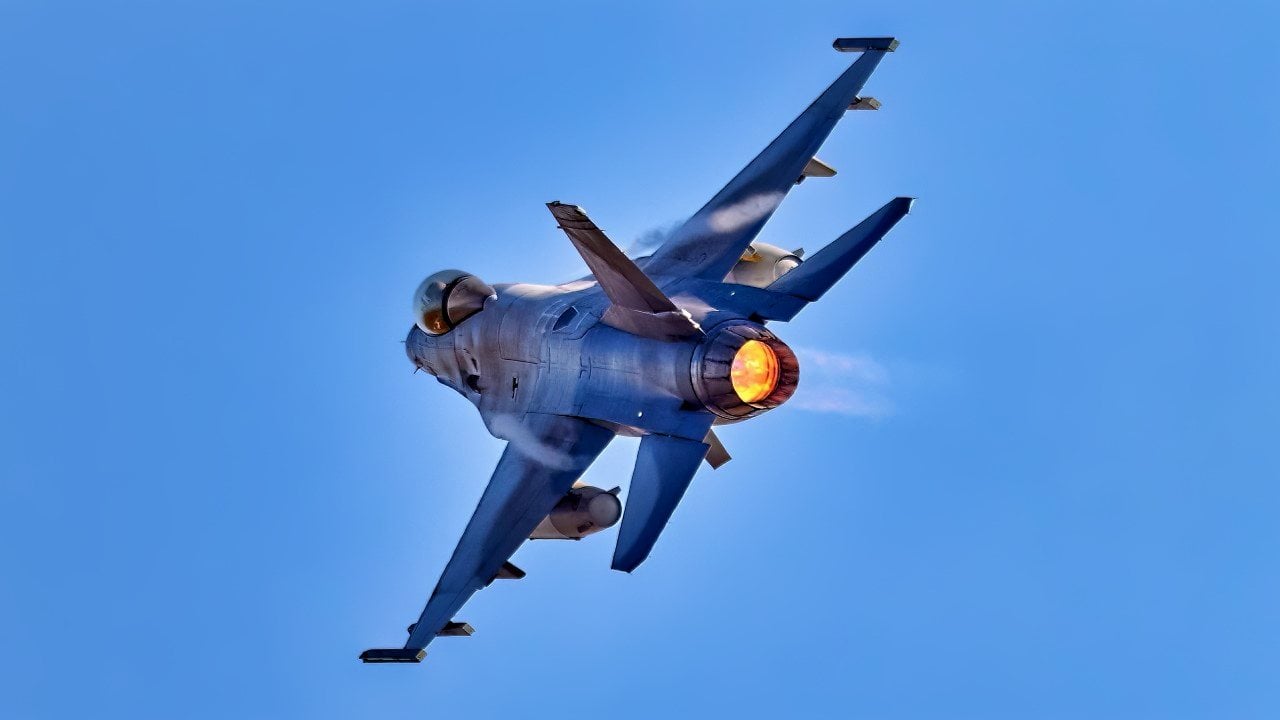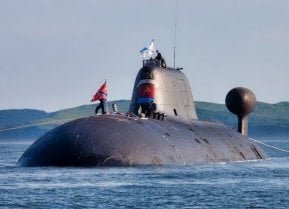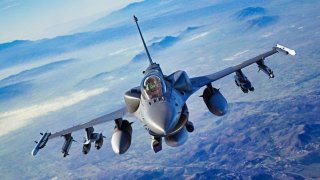F-16 Fighter Sale to Argentina Could Help Drive China Out of Latin America
Washington nudged Argentina to purchase two dozen F-16 Fighting Falcons from Denmark, rather than acquiring JF-17 fighter jets that Beijing developed with Pakistan. The JF-17 Thunder has been marketed to the developing world as a low-cost combat aircraft.
The Monroe Doctrine took form in 1823, and it remained central to American grand strategy throughout the 20th century. The Doctrine opposed European colonialism in the Western Hemisphere, and it held that any intervention by foreign powers in the political affairs of the Americas was a potentially hostile act against the United States.
In November 2013, Secretary of State John Kerry told the Organization of American States that "the era of the Monroe Doctrine is over," as Washington called for mutual partnership with the other countries in the Americas. But a modern version of the Doctrine might be needed to ensure that potential adversaries – notably China – are unable to gain a significant foothold in the Americas.
Last week, U.S. Senator Jim Risch (R-Idaho), ranking member of the Senate Foreign Relations Committee, gave the keynote address at an event entitled "The Monroe Doctrine: An Evolving Legacy," hosted by the National Security Institute at George Mason University's Antonin Scalia Law School.
Risch warned that "China, Russia, and Iran aggressively exert influence in the Western Hemisphere and actually seek to control some countries. They conduct nefarious influence operations, bolster authoritarian regimes – aggressively I might add – including in Cuba, Nicaragua, Venezuela, and Bolivia, and pursue military and gray zone activities, like money laundering and fleecing resources in the region. Unlike some incompetent regimes, they never miss an opportunity and are very aggressive."
The senator further noted that China has displaced the United States as the top trading partner for almost every country in South America. Across Latin America, Beijing continues to extract lithium, copper, and other critical minerals. These are crucial assets to support China’s global military ambitions.
Why the F-16 Sale Matters
However, the U.S. might have just won a significant victory against China. Washington nudged Argentina to purchase two dozen F-16 Fighting Falcons from Denmark, rather than acquiring JF-17 fighter jets that Beijing developed with Pakistan. The JF-17 Thunder has been marketed to the developing world as a low-cost combat aircraft.
As Voice of America reported, quoting London-based Argentina specialist Christopher Ecclestone: "The choice was 'somewhat inevitable' given the pro-freedom, anti-communist position of recently elected Argentine President Javier Milei.”
Had Beijing succeeded in selling its jets to Argentina – along with other weapons including armored vehicles – China almost certainly would have gained entry into the country's defense and security infrastructure, warned Rick Fisher, a senior fellow at the Washington-based International Assessment and Strategy Center.
Fisher told VoA that "other Latin American countries would have been encouraged to follow in its footsteps."
Argentina has long sought to modernize its air force and has considered several options, notably the JF-17. However, the South American nation will now receive 24 of Denmark's F-16s – an additional 19 Danish Fighting Falcons are headed to Ukraine.

Washington, which approved the transfer of the F-16s in October 2023, has also green-lit a potential sale of the Basler BT-67 aircraft to Buenos Aires.
The Defense Security Cooperation Agency, which transmitted the U.S. Department of State's approval to Congress, said the proposed procurement has an estimated value of $143 million, with Oshkosh, Wisconsin-based Basler Turbo Conversions as the principal contractor. The Basler BT-67 is designed for transport reliability and cost-effective operations, and it is currently in service with the air forces of Thailand, Guatemala, Colombia, Mali, and El Salvador.
Author Experience and Expertise: Peter Suciu
Peter Suciu is a Michigan-based writer. He has contributed to more than four dozen magazines, newspapers, and websites with over 3,200 published pieces over a twenty-year career in journalism. He regularly writes about military hardware, firearms history, cybersecurity, politics, and international affairs. Peter is also a Contributing Writer for Forbes and Clearance Jobs.
You can follow him on Twitter: @PeterSuciu. You can email the author: [email protected].


